Understanding Emotions Through Sensory Play
Helping Young Children Learn, Calm and Grow.
In the early years, emotional development is just as important as learning numbers, letters, or shapes. Before children can focus, cooperate, or communicate effectively, they must first learn to recognize, understand, and regulate their emotions. Play-based learning and sensory activities are some of the most effective and joyful ways to nurture these essential life skills.
At Edx Education, we believe that children learn best through hands-on exploration and meaningful play experiences. Emotional learning isn’t something that happens in isolation it develops naturally as children play, create, and connect with the world around them.
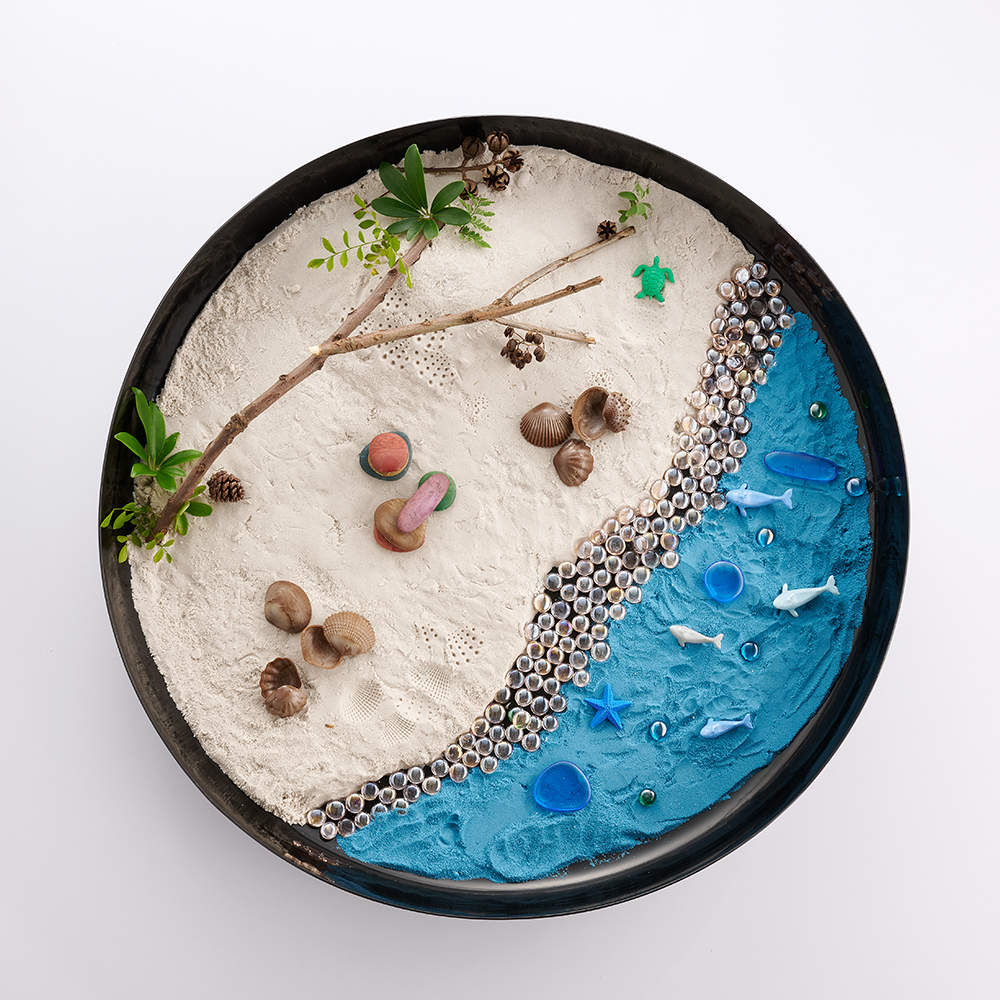
Edx Education iSense Tray 66053
The Power of Sensory Play for Emotional Regulation
Sensory play is one of the most powerful tools for helping young children process emotions. By engaging their senses touch, sight, sound, and movement children are able to ground themselves in the present moment.
These activities help develop self-awareness and self-regulation, two core components of emotional intelligence. When a child squishes, sorts, or builds, they’re not only improving fine motor skills they’re learning how to slow down, focus, and manage big feelings like frustration, excitement, or anxiety.
Sensory-rich environments can help children express themselves without needing words. This is particularly important for preschoolers, who may not yet have the vocabulary to explain how they feel.
Busy Play Mini Rainbow Pebbles®, Calm, Colorful, and Creative
Our Busy Play Mini Rainbow Pebbles® are a global favorite for supporting emotional and sensory development. Their smooth texture, vibrant colors, and endless open-ended possibilities make them ideal for both play and mindfulness.
Create a Calm Corner at home or in the classroom where children can:
- Sort and stack the Rainbow Pebbles® by color or size.
- Make calming patterns or mandalas.
- Count slowly while building towers or lining up shapes.
These quiet, tactile activities promote concentration and a sense of calm. The natural rhythm of sorting and creating helps children refocus and regulate their emotions transforming stress into peaceful, purposeful play.
Abstract Magnetic Puzzles, Creative Calm for the Early Years
Another wonderful resource for emotional learning is the Edx Education Abstract Magnetic Puzzles. These colorful magnetic shapes can be arranged into endless patterns and designs, allowing children to explore shape, symmetry, and creativity while expressing feelings through art.
Encourage children to:
- Create a picture that represents their mood.
- Rearrange the shapes until they feel “just right.”
- Tell a story about what their creation means.
This kind of imaginative play supports mindfulness and emotional literacy giving children a safe, creative way to explore how they feel and communicate through visual storytelling.
Playful Strategies to Support Emotional Learning
Incorporating emotional learning into everyday play can be simple and fun. Here are a few early years ideas to try at home or in the classroom:
- Sensory bins: Fill trays with rice, pasta, or kinetic sand. Add scoops, cups, and small toys for tactile exploration that calms and focuses the mind.
- Emotion games: Use cards or mirrors to explore different facial expressions happy, sad, surprised, calm and talk about what makes us feel that way.
- Movement and mindfulness: Combine gentle movement, stretching, or yoga-inspired play to help children release energy and find emotional balance.
- Storytelling and puppets: Read stories or use puppets to act out feelings. This helps children build empathy and emotional vocabulary. Learning Through Play, The Foundation of Emotional Well being
At Edx Education, we are passionate about designing toys and resources that encourage children to play, learn, and thrive. From Rainbow Pebbles® to Abstract Magnetic Puzzles, our materials are created to engage the senses, inspire creativity, and promote emotional growth.
To explore more ideas for sensory and emotional learning, visit www.edxeducation.com and tune into our Play, Learn & Create with Edx Education podcast for expert tips and inspiration from early years specialists around the world.
Through play, children learn more than just skills they build confidence, empathy, and emotional resilience. When we nurture the heart and the senses together, learning becomes joyful, meaningful, and truly lifelong.
Written by Heather Welch, Edx Education UK General Manager and author of Happy Children Play

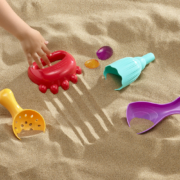 Edx Education
Edx Education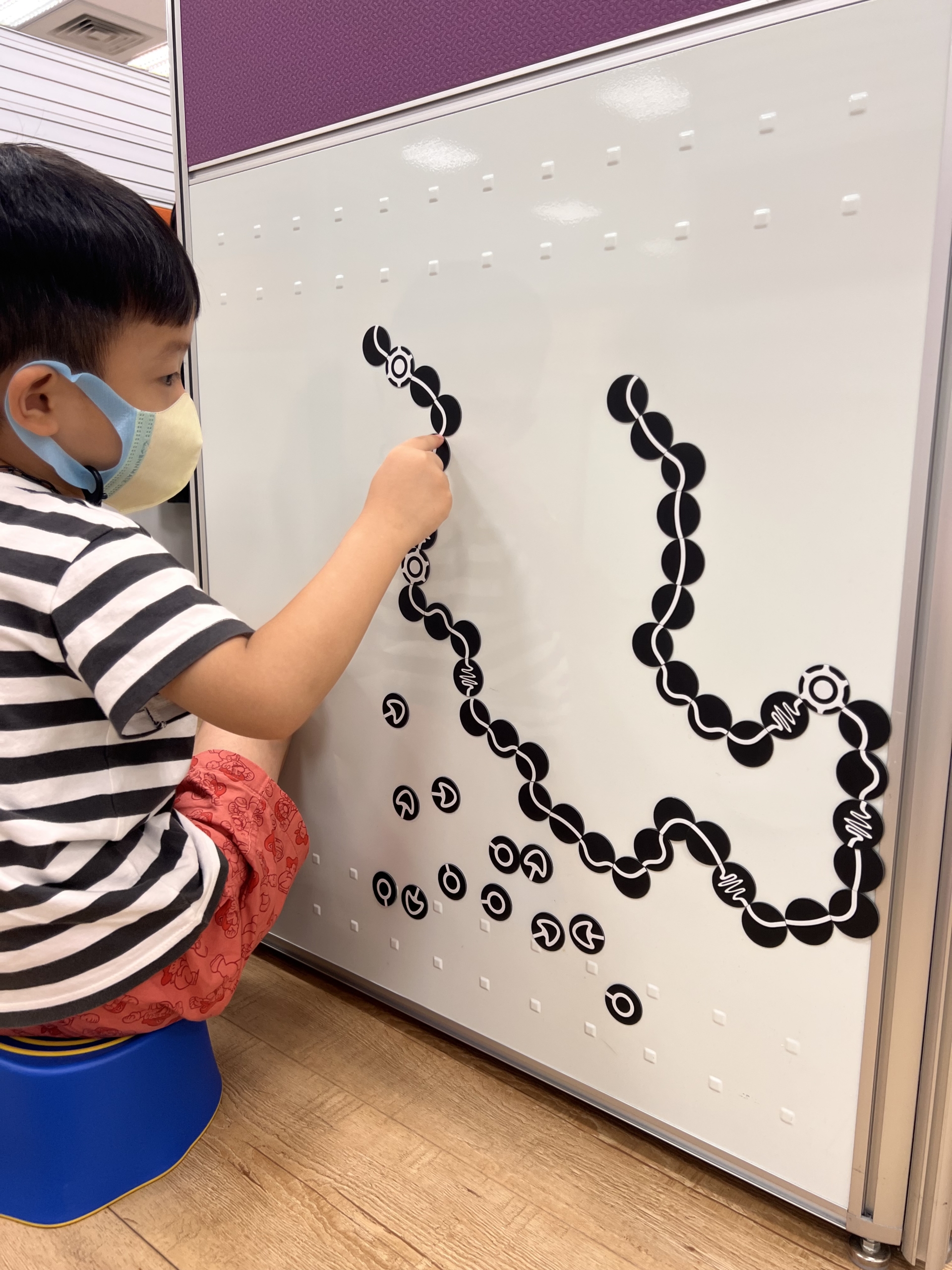
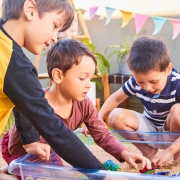
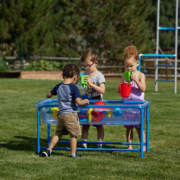
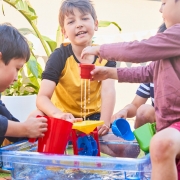
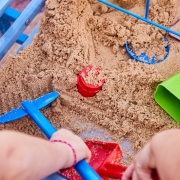
 Edx Education
Edx Education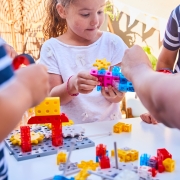 Edx Education
Edx Education Edx Education
Edx Education